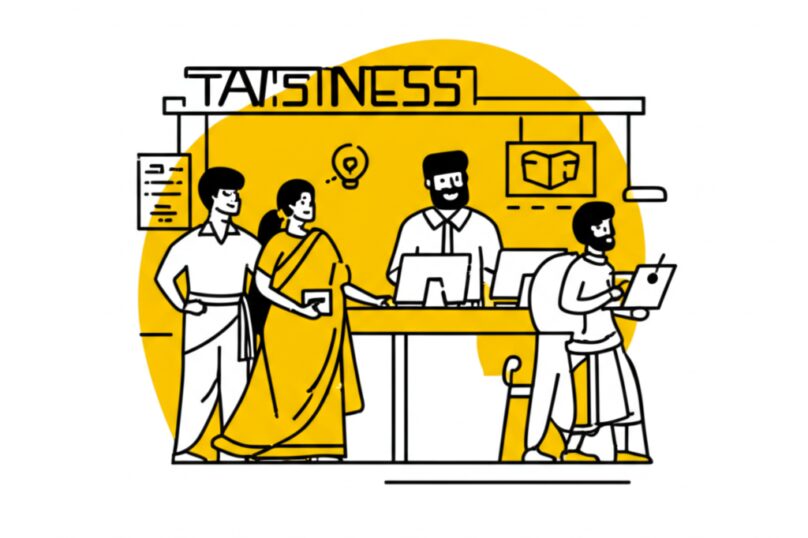Breaking down CRM & Customer Relations

Breaking Down CRM & Customer Relations: Building Stronger Bonds in Your Business
In today’s fast-paced business world, understanding and nurturing customer relationships is crucial for success. This is where a Customer Relationship Management (CRM) system comes in. Think of a CRM as your business’s central hub for managing all interactions with your customers, from initial contact to long-term loyalty. But what exactly does that mean, and how can a CRM improve your business?
What is a CRM?
Simply put, a CRM is a software system designed to organize and manage all your interactions with customers and potential customers. It’s more than just a contact list; it’s a powerful tool that helps you:
- Track customer interactions: Every phone call, email, social media message, and purchase is logged, giving you a complete history of each customer.
- Segment your audience: Group customers based on shared characteristics (like location, purchase history, or demographics) for targeted marketing campaigns.
- Improve sales: Identify leads, manage sales pipelines, and track progress to close deals faster and more efficiently.
- Boost customer satisfaction: Provide personalized service by understanding customer needs and preferences. Respond promptly to inquiries and issues.
- Increase efficiency: Automate repetitive tasks, freeing up your team to focus on more strategic activities.
How a CRM benefits your business (Indian Examples)
Let’s look at how businesses in Tamil Nadu have benefited from implementing CRMs:
- A textile company in Coimbatore used a CRM to track customer orders, inventory levels, and delivery dates, leading to a significant reduction in errors and improved customer satisfaction.
- A software startup in Chennai leveraged its CRM to nurture leads, segment its audience, and personalize email marketing campaigns, resulting in a substantial increase in conversion rates.
- A chain of restaurants in Madurai implemented a CRM to collect customer feedback, analyze preferences, and tailor their menu offerings, leading to increased repeat business and brand loyalty.
Choosing the Right CRM
There are many CRMs available, each with its own features and pricing. Factors to consider include:
- Your business size and needs: A small business may only require basic features, while a larger enterprise may need a more comprehensive solution.
- Integration with other systems: Ensure the CRM integrates with your existing software, such as accounting or email marketing platforms.
- Ease of use: Choose a CRM that is intuitive and easy for your team to learn and use.
- Cost: CRMs come with varying price points. Select one that fits your budget.
Beyond the Software: Nurturing Customer Relations
A CRM is a powerful tool, but it’s only part of the equation. Strong customer relations require a genuine commitment to understanding and meeting customer needs. This involves:
- Personalized communication: Address customers by name, and tailor your messages to their individual preferences and needs.
- Prompt and helpful customer service: Respond quickly to inquiries and resolve issues efficiently.
- Building a strong brand: Create a brand that resonates with your target audience and fosters trust and loyalty.
- Collecting feedback: Regularly seek customer feedback to identify areas for improvement.
Conclusion
By combining the power of a CRM with a genuine commitment to customer service, you can build stronger, more profitable customer relationships. Invest time in selecting the right CRM for your business, and make sure your team is trained to use it effectively. The result? A happier, more loyal customer base and a more successful business.
